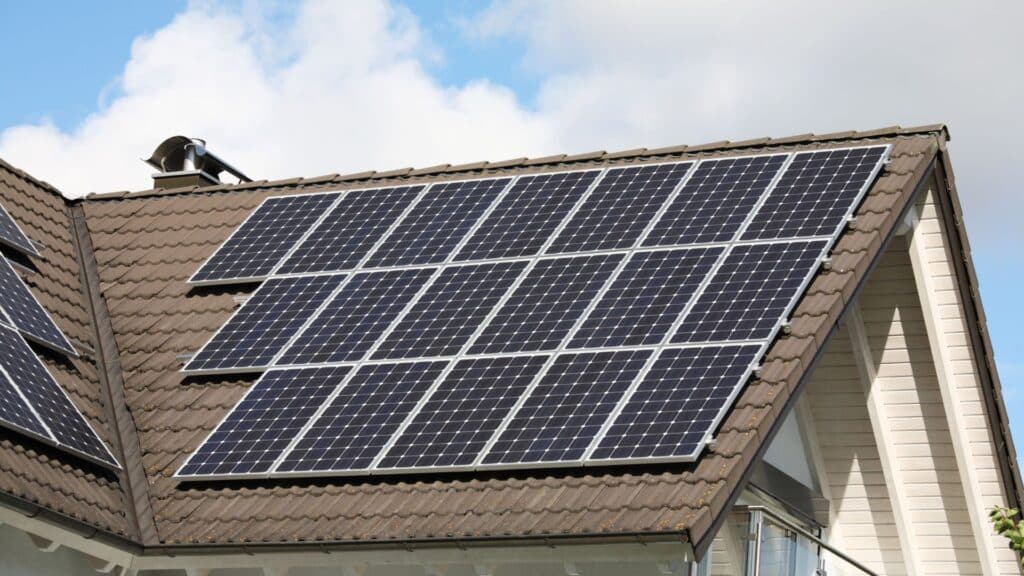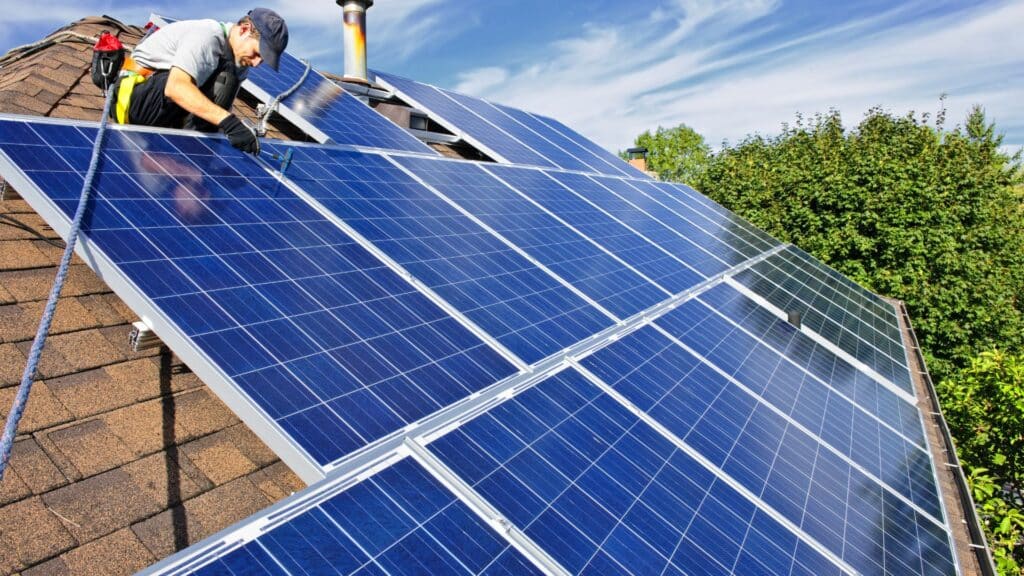As the world transitions towards more sustainable energy solutions, solar power has emerged as a prominent contender in the renewable energy landscape. Harnessing the power of sunlight to generate electricity, solar panels offer homeowners an opportunity to reduce their carbon footprint while also cutting down on energy costs. However, before embarking on the journey of solar panel installation, it’s crucial to assess your home’s suitability for this technology. In this comprehensive guide, we’ll explore the various factors that influence the viability of solar panel installation, empowering homeowners to make informed decisions about embracing solar energy.
Solar energy holds immense potential, but its effectiveness depends largely on the geographical location and the specific characteristics of each property. Understanding the solar potential of your home is the first step towards determining whether solar panels are a feasible option. Factors such as the amount of sunlight your roof receives, its orientation, and any potential shading from nearby trees or buildings play a significant role in assessing solar viability. Utilizing online tools and consulting with solar professionals can help homeowners gain insights into their home’s solar potential, guiding them towards an informed decision.
Understanding Solar Potential

To accurately gauge the solar potential of your home, it’s essential to consider various factors that influence sunlight exposure and energy generation. Location plays a critical role, as regions closer to the equator generally receive more sunlight throughout the year, making them ideal candidates for solar energy systems. Additionally, the orientation and tilt angle of your roof can impact the efficiency of solar panels, with south-facing roofs typically yielding the highest energy output. Shading from surrounding structures or vegetation can also diminish solar potential, so it’s crucial to assess and mitigate any obstructions that may impede sunlight access to your roof.
Assessing Roof Condition
Before installing solar panels, it’s imperative to evaluate the condition of your roof to ensure it can support the additional weight and withstand the installation process. A structurally sound roof is essential for the long-term performance and safety of solar panel systems. Homeowners should inspect their roofs for signs of damage, such as missing shingles, leaks, or sagging areas, as these issues may need to be addressed before proceeding with solar installation. In some cases, roof repairs or replacements may be necessary to ensure compatibility with solar panels. Consulting with a roofing professional can provide valuable insights and recommendations regarding the condition of your roof and any necessary repairs or upgrades.
Evaluating Energy Consumption
Understanding your home’s energy consumption patterns is crucial for sizing a solar energy system that meets your needs and maximizes savings. Reviewing past energy bills can provide valuable insights into your household’s electricity usage, including peak demand periods and seasonal variations. By identifying opportunities to reduce energy consumption through efficiency upgrades or behavioral changes, homeowners can optimize the performance of their solar panel system and enhance overall energy savings. Additionally, investing in energy-efficient appliances and smart home technologies can further reduce electricity consumption, making solar energy an even more cost-effective solution.
Budgeting and Financing Options
Investing in solar panels represents a significant financial commitment, so it’s essential to carefully consider the costs and explore financing options available. While the upfront cost of solar installation can be substantial, various financial incentives and rebates may help offset the initial investment. Homeowners should conduct a thorough cost-benefit analysis to determine the long-term savings potential of solar energy compared to traditional utility electricity. Additionally, exploring financing options such as solar loans, leases, or power purchase agreements (PPAs) can make solar energy more accessible and affordable for homeowners with different budget constraints.
Regulatory and Permitting Considerations
Navigating the regulatory landscape and obtaining the necessary permits for solar panel installation can be a complex process, requiring compliance with local building codes and zoning regulations. Homeowners should familiarize themselves with the permitting requirements specific to their jurisdiction and ensure that their solar installation meets all safety and structural standards. Working with a reputable solar installer who is knowledgeable about local regulations can streamline the permitting process and help homeowners avoid costly delays or compliance issues. By proactively addressing regulatory and permitting considerations, homeowners can expedite the solar installation process and minimize potential setbacks.
Finding a Reputable Solar Installer
Choosing the right solar installer is crucial for the success of your solar panel project. Homeowners should research and compare multiple solar installation companies, considering factors such as experience, reputation, and customer reviews. Requesting quotes and conducting interviews with prospective installers can provide valuable insights into their expertise and approach to solar panel installation. Additionally, homeowners should inquire about warranties, maintenance services, and post-installation support to ensure a positive experience and long-term satisfaction with their solar energy system. By selecting a reputable and experienced solar installer, homeowners can have confidence in the quality and reliability of their solar panel installation.
In conclusion, evaluating your home’s suitability for solar panel installation is a critical first step towards embracing renewable energy and reducing your carbon footprint. By assessing factors such as solar potential, roof condition, energy consumption, and budget considerations, homeowners can make informed decisions about the feasibility and benefits of solar energy for their property. Working with reputable solar professionals and navigating the regulatory landscape are essential to ensuring a successful solar panel installation that meets all safety standards and maximizes energy savings. Additionally, exploring financing options and selecting the right solar installer can further streamline the process and enhance the overall experience.
At Advosy, we understand the importance of sustainable energy solutions like solar power in creating a more environmentally friendly future. Our team of experts is dedicated to helping homeowners navigate the complexities of solar panel installation and harness the power of renewable energy. If you’re interested in learning more about how solar energy can benefit your home, don’t hesitate to contact us. Together, we can take steps towards a cleaner, greener, and more sustainable future.


